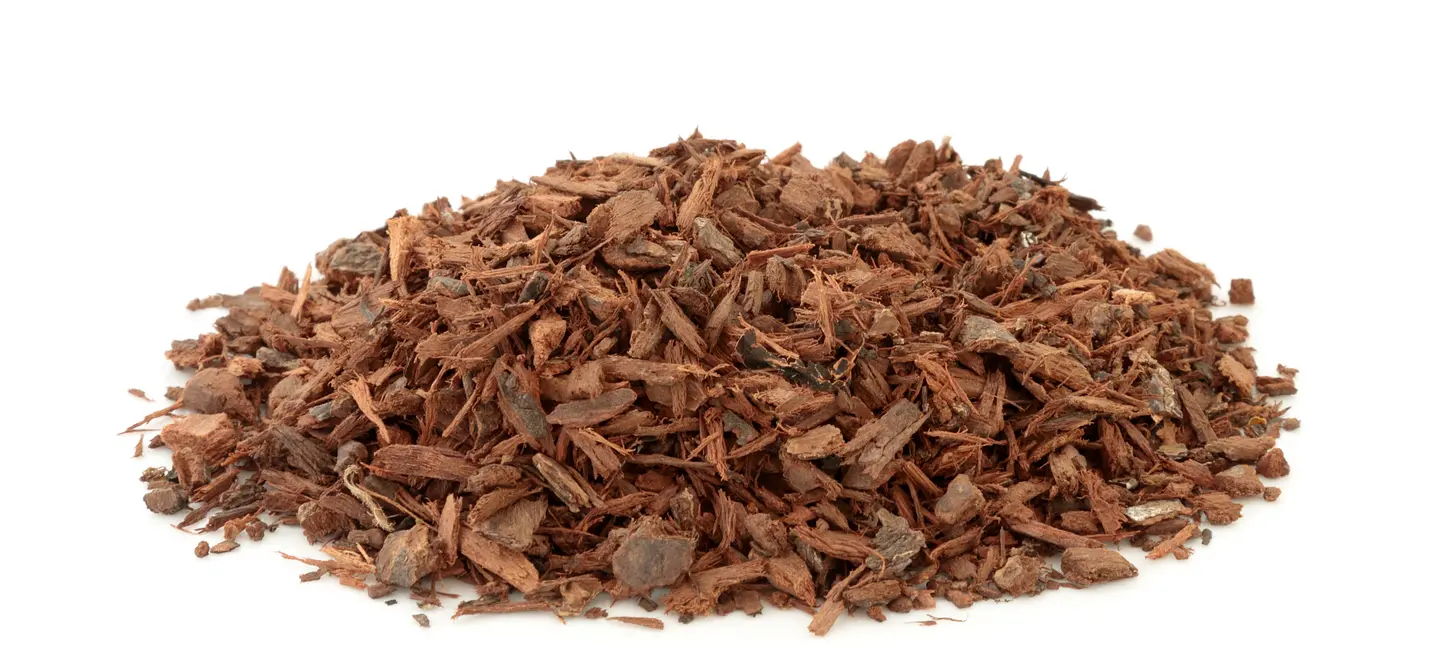
Pygeum is the name for extracts, teas, and supplements that come from the bark of a tree native to Africa called Prunus africana.
Pygeum contains chemicals that help shrink the prostate in males with enlarged prostates. This might relieve urinary problems such as poor urine flow and nighttime urination.
People most commonly use pygeum for treating symptoms of enlarged prostate (BPH). It is also used for fever, malaria, kidney disease, and many other conditions, but there is no good scientific evidence to support these other uses.
Is It Effective?
NatMed Pro rates effectiveness based on scientific evidence according to the following scale: Effective, Likely Effective, Possibly Effective, Possibly Ineffective, Likely Ineffective, Ineffective, and Insufficient Evidence to Rate.
- Enlarged prostate (benign prostatic hyperplasia or BPH). Taking pygeum by mouth reduces symptoms of BPH such as low urine flow and the inability to fully empty the bladder when urinating.
There is interest in using pygeum for a number of other purposes, but there isn't enough reliable information to say whether it might be helpful.
Is it Safe?
When taken by mouth: Pygeum is likely safe for most people. Doses of 75-200 mg daily have been used safely for up to 12 months.
Special Precautions & Warnings:
Pregnancy and breast-feeding: There isn't enough reliable information to know if pygeum is safe to use when pregnant or breast-feeding. Stay on the safe side and avoid use.
It is not known if Pygeum interacts with any medicines. Before taking Pygeum, talk with your healthcare professional if you take any medications.
There are no known interactions with herbs and supplements.
There are no known interactions with foods.
Pygeum has most often been used by adults in doses of 75-200 mg by mouth daily for up to 12 months. Speak with a healthcare provider to find out what dose might be best for a specific condition.
African Plum Tree, African Prune, African Pygeum, Amande Amère, Ciruelo Africano, Prunier d'Afrique, Prunus africana, Pygeum africanum, Pygeum Africanus.
Information on this website is for informational use only and is not intended to replace professional medical advice, diagnosis, or treatment. While evidence-based, it is not guaranteed to be error-free and is not intended to meet any particular user’s needs or requirements or to cover all possible uses, safety concerns, interactions, outcomes, or adverse effects. Always check with your doctor or other medical professional before making healthcare decisions (including taking any medication) and do not delay or disregard seeking medical advice or treatment based on any information displayed on this website.
© TRC Healthcare 2024. All rights reserved. Use and/or distribution is permitted only pursuant to a valid license or other permission from TRC Healthcare.
